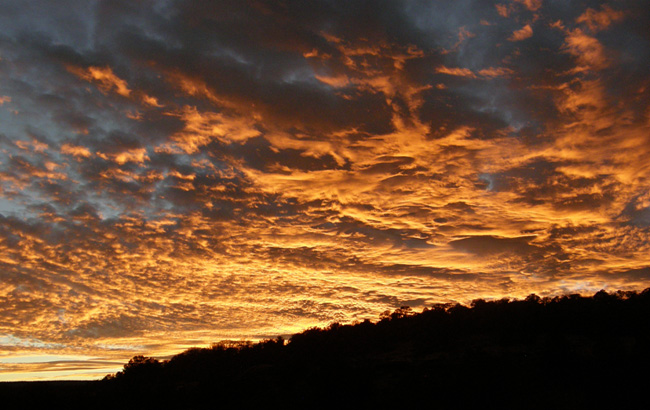What and Where is Home?

Home Sweet Home.
If we are Homesick, we long for Home.
What's Home?
Where's Home?
If we're homesick for it, it means we've been there before.
We can find it again.
Who knows, but we must find Home!
We set out on an arduous, mysterious journey to find Home.
When we find Home, we never want to leave.
We want only to burrow deeper,
nestle closer,
lose ourselves in Home Sweet Home.
Coming Home for me was like drilling a well and finally finding water. It was the end of a yearning, an end of looking for something I was missing inside that no “stuff” (food, material goodies, the “right person”) could satisfy. When I set out to satisfy this deep yearning I really didn’t know what I was looking for, or what I was missing. I felt it was God, though I didn’t know really what that meant either. I was certain I would know it when I found it. After ten years I found Home after I failed to accomplish a cycling goal I’d set for myself, and I loved myself anyway. It was Love that brought me Home. It is Love that is my Home.
These are some of the ways I think about Home:
- Wholeness
- A felt sense that everything we need is inside us. We don’t need to look outside ourselves to be happy; we are deeply content and at peace with who we are.
- The ground of our being, an internal strong foundation, which is solid in spite of what Pema Chodron (Buddhist nun and inspiring spiritual teacher) calls the “groundlessness” of our human existence.
Thirteenth century Sufi poet and mystic, Rumi, understood that, “There are a thousand ways to kneel and kiss the ground; there are a thousand ways to go home again,”
May we each and all find our way Home.
Back to Blog